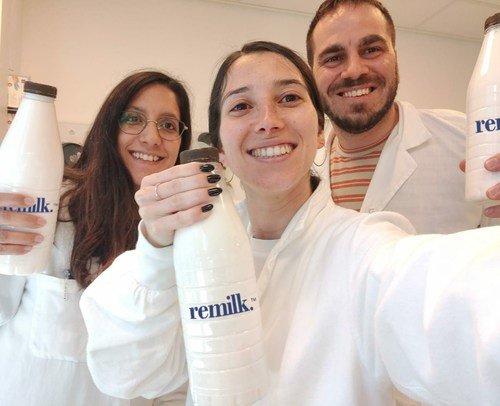Calysta’s microbial protein gains FDA approval for aquafeeds
The FDA’s Centre for Veterinary Medicine has granted Calysta’s FeedKind protein GRAS status for use in the US in salmonid feeds at up to 18 per cent of the diet
Calysta, the world leader in fermented protein, has announced that its leading product, FeedKind, has achieved generally recognised as safe (GRAS) status with the United States Food and Drug Administration (FDA).
The FDA’s Centre for Veterinary Medicine has granted Calysta’s FeedKind protein GRAS status for use in the US in salmonid feeds at up to 18 per cent of the diet. In the US FeedKind will be listed under its common name, dried fermentation biomass.
The ruling means aquaculture companies in the US now have access to a nutritionally rich and non-GMO protein ingredient that both helps preserve biodiversity while addressing a growing market need for proteins for feed and food.
Allan LeBlanc, VP and Aquaculture Lead at Calysta said: “FeedKind is an exceptional alternative to other sources of protein, and is free from heavy metals, pesticides, and microplastics, ensuring animals are only fed the nutrients they need. Because it can be produced year-round using no arable land and without using any plant or animal ingredients, it truly is a protein without limits.”
Herman Sloot, Vice President of Commercial Development said: “US GRAS status was a key achievement for us, so we are very pleased with the official notice. This brings the US closer in line with existing approvals in other markets throughout the world, such as the EU, and enables us to expand the market opportunity for this revolutionary product. This is an important first step in our path toward US GRAS status for use in pet foods to complement our existing EU and UK approvals for pet food.
GRAS status comes after Calysta successfully switched on its first commercial-scale facility via Calysseo, its joint venture with animal feed giant Adisseo, providing 20,000 tonnes of protein for the Asian aquaculture market. Calysseo has already announced its intentions to expand its production footprint in the Kingdom of Saudi Arabia.
The FDA’s Centre for Veterinary Medicine has


